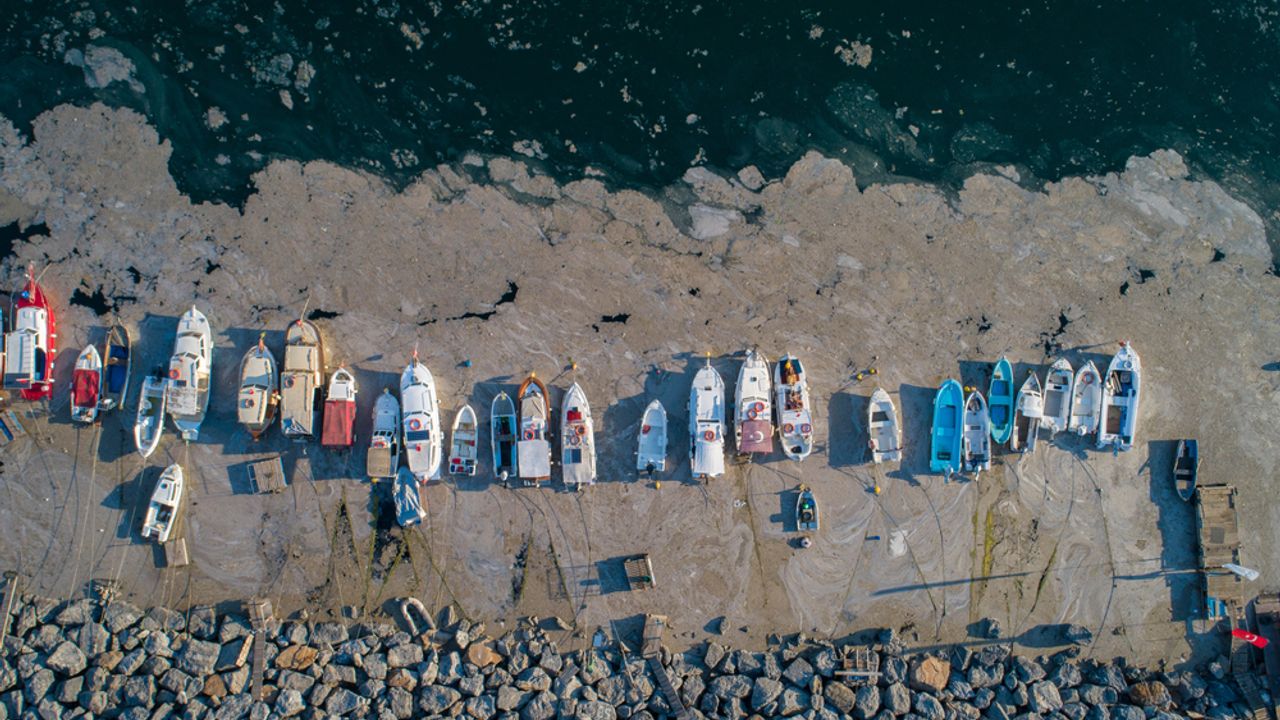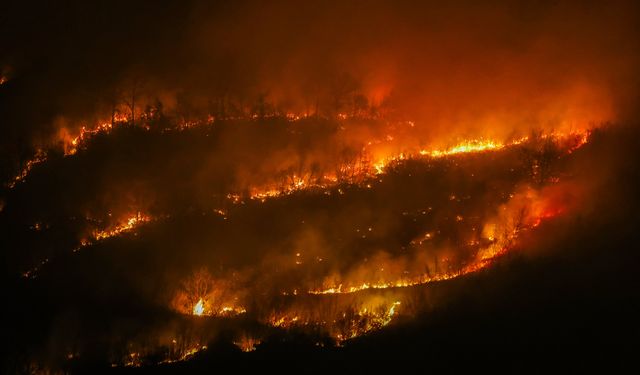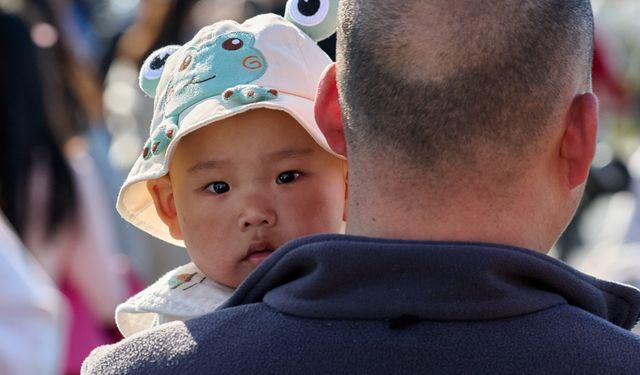ISTANBUL, Sept. 30 (Xinhua) -- Since the start of the fishing season in September, Türkiye's Sea of Marmara has experienced concurrent outbreaks of mucilage and jellyfish, resulting in nets being torn and frequently retrieved coated with seabed slime.
Experts have said that the significant increase in the quantities of mucilage and jellyfish is altering local marine ecosystem and directly impacting the fishing industry.
Murat Kapikiran, head of the Istanbul branch of the Chamber of Agricultural Engineers, said mucilage was detected at depths of 10 to 30 meters in nearly all bays of the Sea of Marmara, stretching from Gemlik Bay to Erdek Bay and as far as both entrances of the Dardanelles Strait.
"What we are seeing is the combined impact of global warming, marine pollution, and nutrient overload, which not only accelerates mucilage formation but also creates favorable conditions for jellyfish populations to thrive," Kapikiran told Xinhua recently.
"This not only drives fish populations away but also disrupts seasonal migrations between the Marmara and Black Seas, which are critical for feeding and breeding," he added.
According to Kapikiran, oxygen levels in the sea have dropped to just 0.3 percent -- far below the minimum needed for a healthy ecosystem -- creating conditions in which fish and other marine life cannot survive.
Huseyin Dalarel, head of the Gemlik Fisheries Cooperative, warned that this year's unusually high concentration of jellyfish is taking a heavy toll.
"The density of jellyfish -- reportedly up to 10 times greater than last year -- is affecting our work," he said, noting that costly nets are being damaged and it is becoming increasingly difficult for the locals to go out to sea for fishing.
He stressed that fishermen with vessels under 12 meters have experienced the greatest losses, with most being unable to cast their nets this season.
Efsun Dindar, an academic from Bursa Uludag University, stressed that the surge in jellyfish is a visible indicator of mucilage formation. "This boom shows the food chain is broken and the ecosystem severely harmed in Marmara," she told Demiroren News Agency, warning that the threat will persist as long as pollution levels remain high.
Following the initial detection of significant mucilage quantities in 2021, Türkiye implemented a comprehensive cleanup initiative to address the challenge, which successfully reduced mucilage levels at first. However, the mucilage issue reappeared in 2024.
Mustafa Sari, a member of the Scientific and Technical Board of the Marmara Sea Action Plan, stressed that the solution lies in reducing the pollution load by implementing fully operational wastewater treatment plants, enhancing monitoring of industrial discharges, and promoting nationwide public awareness campaigns.










